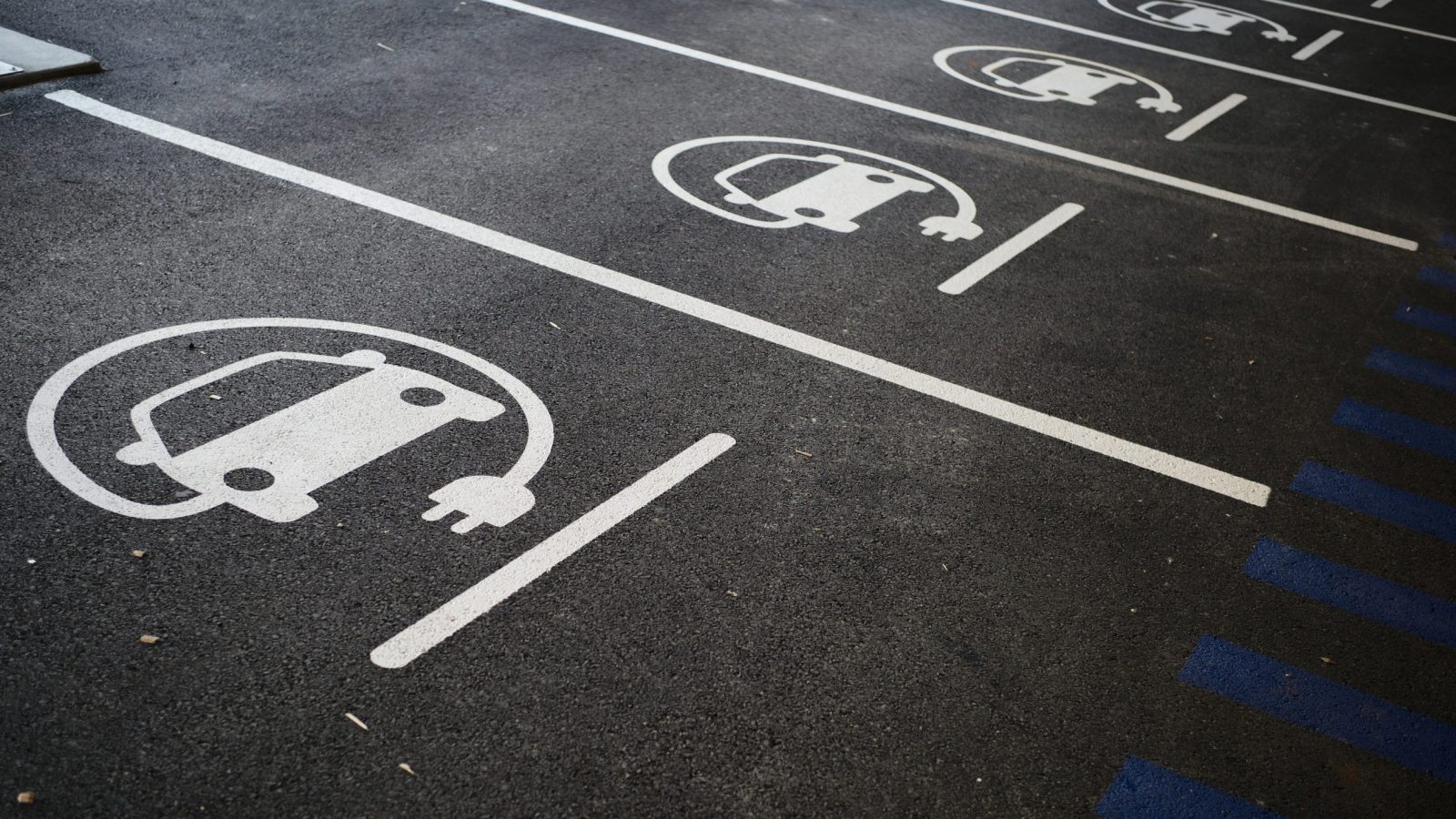-
Chinese drivers’ frustrations point to the broader risks of “smartphones on wheels,” where reliability is contingent upon software maintenance and updates.
-
Owners are worried about their access to factory parts in future repair
As Chinese car owners brace for further consolidation of the country’s hypercompetitive EV market, the fact that many electric cars rely on cloud services — from smartphone controls to software updates — has raised concerns about the long-term serviceability of the vehicles.
Intense price wars and the phasing out of government subsidies have left a number of the nation’s EV manufacturers — estimated at more than 100 — struggling for survival. Since 2020, more than 20 EV makers in China, including Singulato and Aiways, have left the market. Most recently, the high-end carmaker HiPhi, which only sold 4,520 vehicles in 2022, halted production in February as it wrestled with financial woes. WM Motor was the largest Chinese electric carmaker to date to become insolvent, having sold approximately 100,000 vehicles between 2019 and 2022.
Between EV companies that have filed for bankruptcy and those that have halted operations, an estimated 160,000 Chinese car owners are left in the lurch, according to the China Automobile Dealers Association.



Let’s re-title that to “Owners are losing access to smartphone app updates and product features when companies go bust”
It’s exactly how Cloud SaaS is designed. It was a bad idea to do it with your smoke detector and smart lock, and it’s still a bad idea with automobiles.
That one smart home brand that went bust and nobody could turn on/off lights etc. LOL. Thankful some selfhoster types came to the rescue amd setup an alternate server. It is why I “flashed” my switches to be local hosted and never go to web, and just use homeassistant as the server